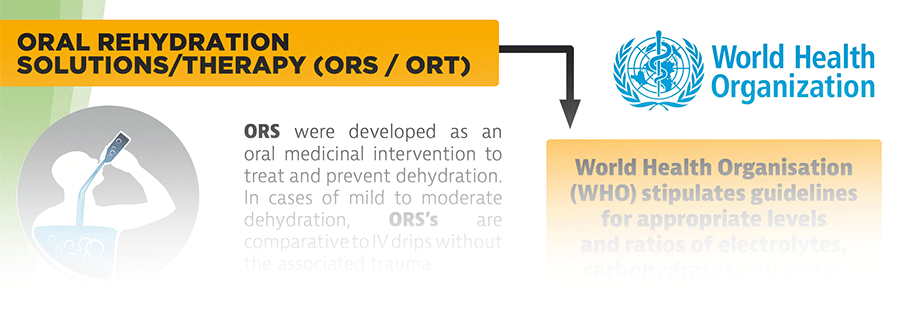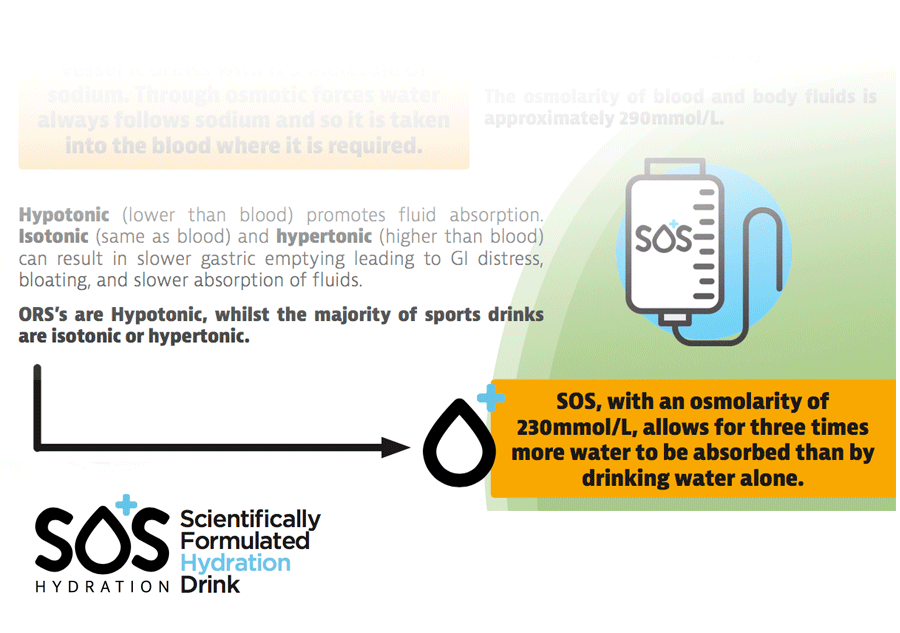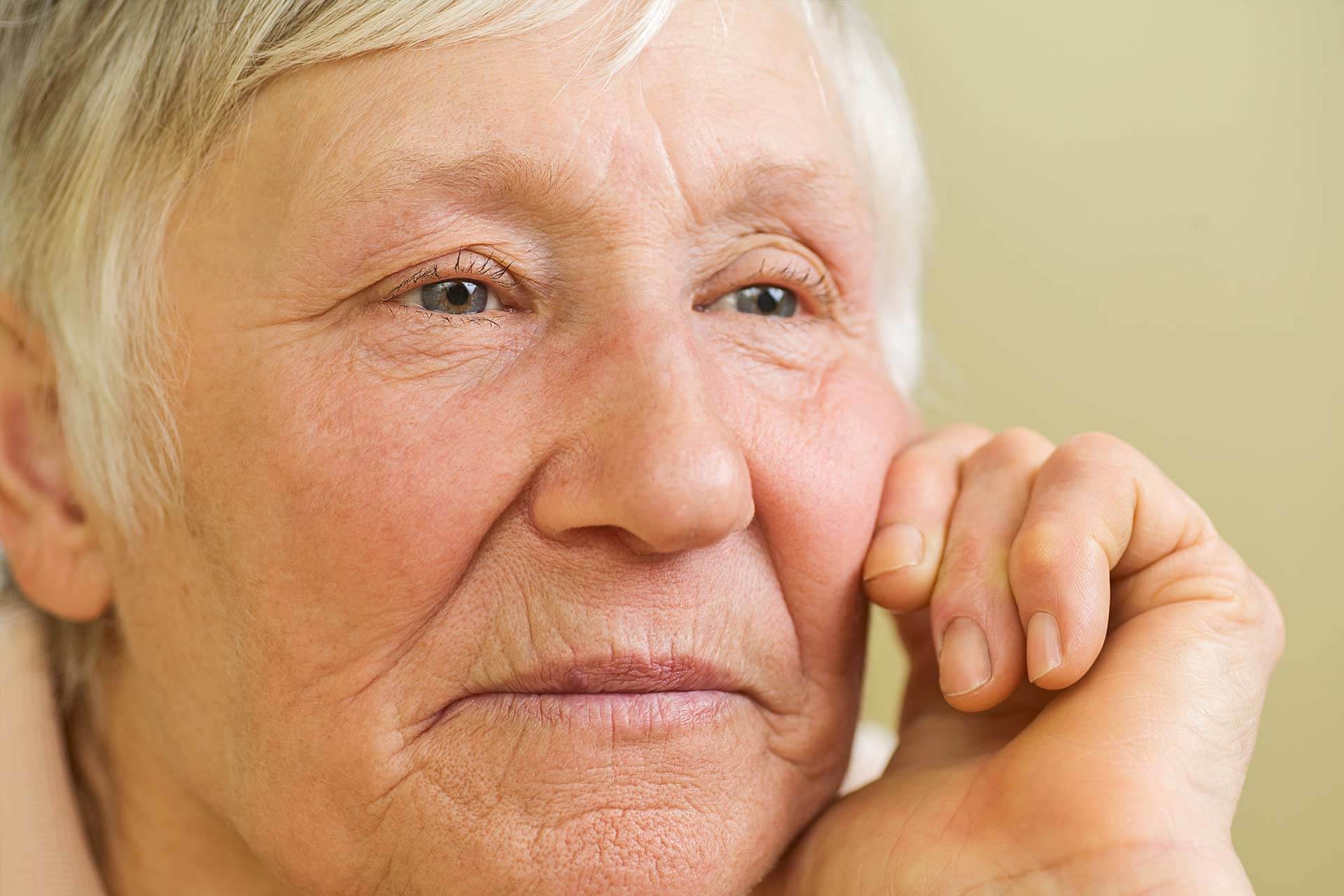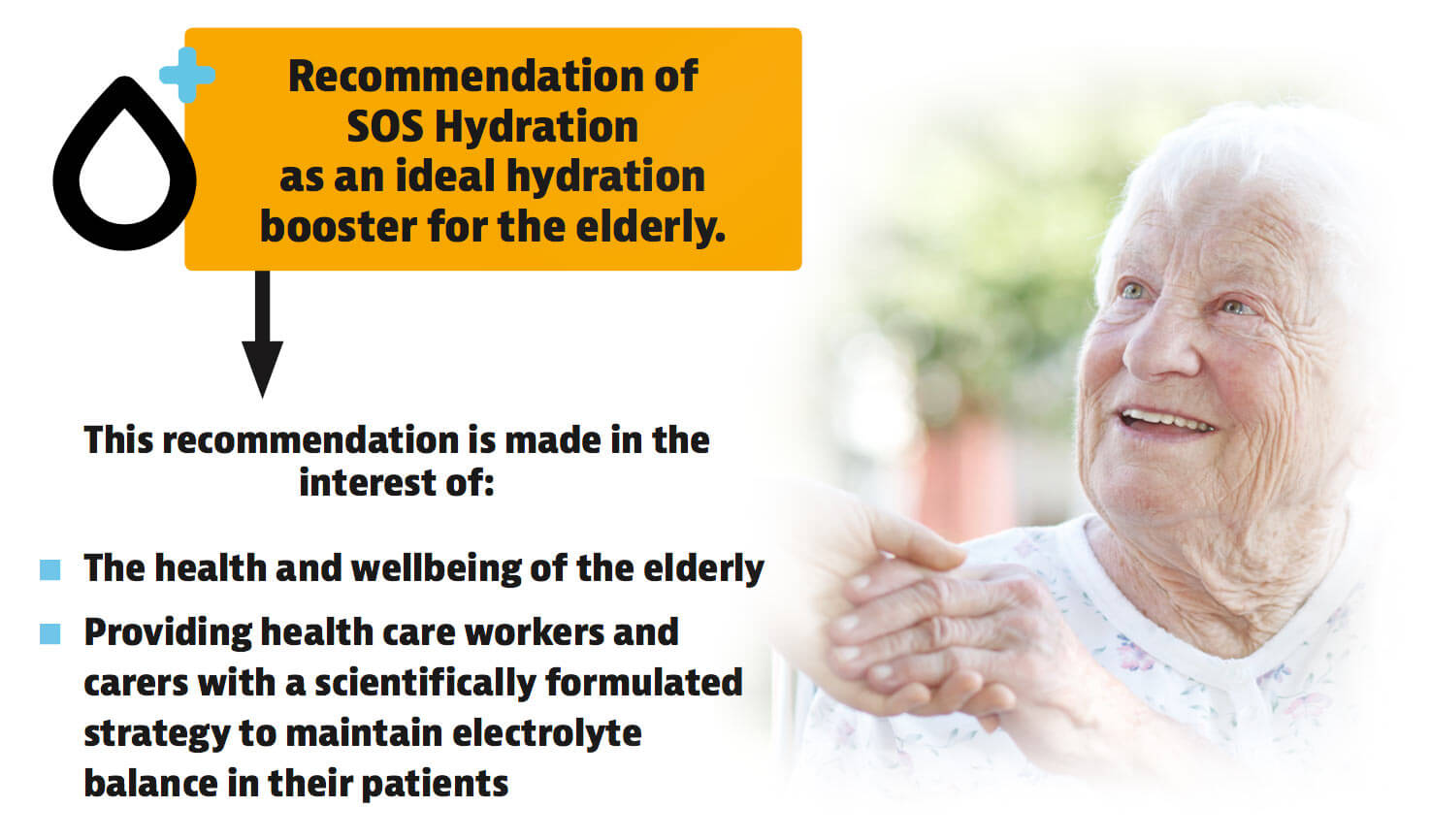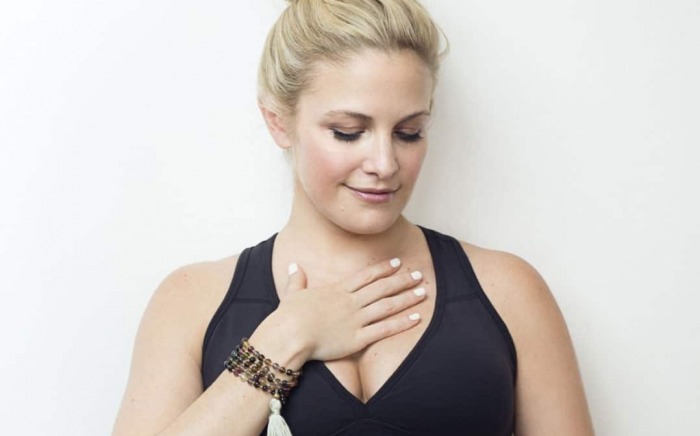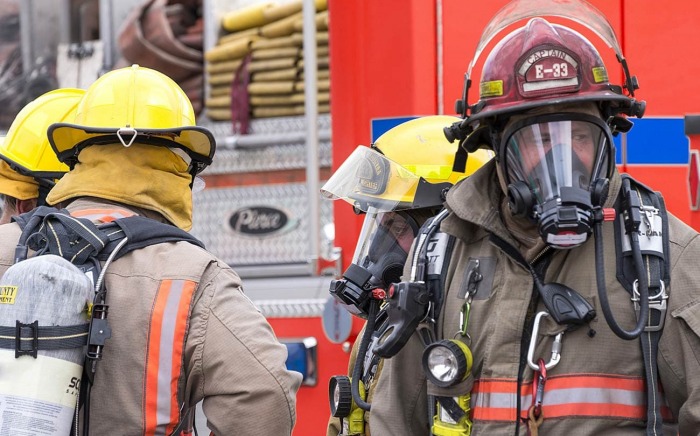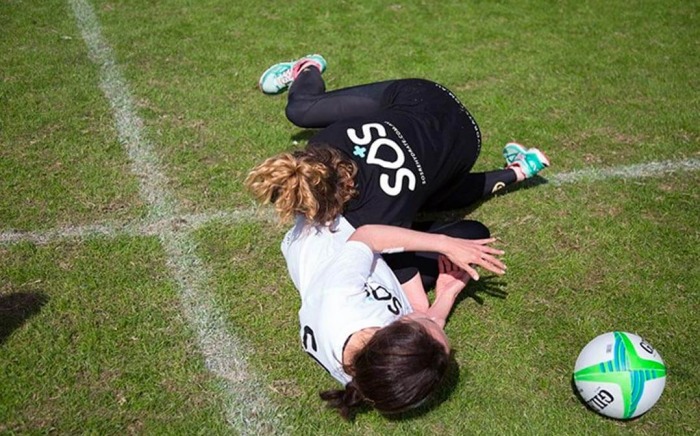
Scientifically based strategies for adequate hydration in the elderly.
Oral Rehydration Solution (ORS):
Specifically designed high concentration electrolyte formulations, the best of which conform fully to World Health Organisation (WHO) guidelines for the treatment and prevention of mild-moderate dehydration.
Existing evidence suggests high rates of dehydration in the elderly population and dehydration is indeed the most common fluid disorder among older persons.
Dehydration is one of the ten most frequent diagnoses reported for hospitalisations of persons over 65 in the United States.
More and more studies demonstrate the importance of preventing and managing dehydration to reduce its side-effects in this population.
Due to the importance of water to our bodies functioning properly, when we reduce our body water all of our systems must work harder just to maintain homeostasis and continue working, which leads to fatigue and lethargy and may cause or exacerbate health issues due to the extra stresses on the body’s systems.

Cardiac Stress:
- Decreased blood plasma volume
- Decreased blood pressure
- Decreased stroke volume
- Resulting in increased heart rate
- Greater cardiac demands / stress
Thermoregulatory Stress:
The inability to dissipate heat effectively through decreased sweat rate and reduced skin blood flow. This inability to lower core body temperature results in heat stress.
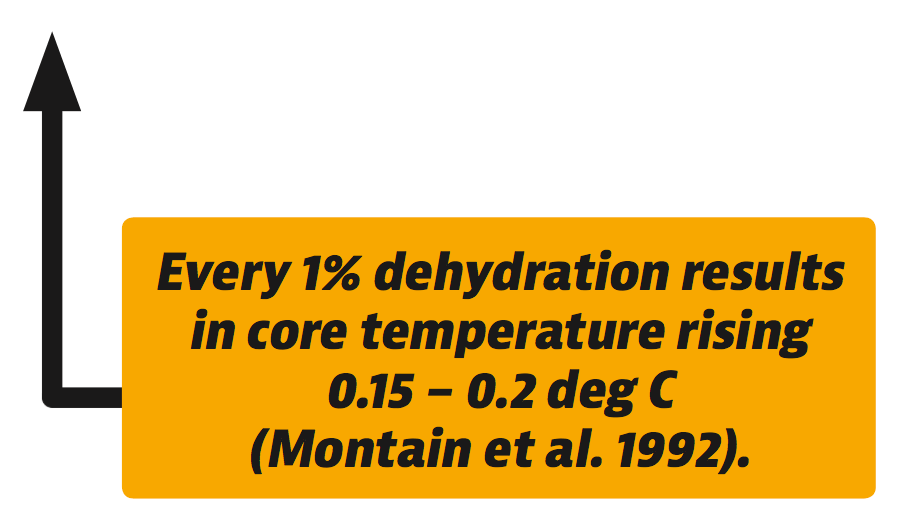 Adequate fluid and electrolyte intake before, during and after activity and effective cooling methods can help to avoid the negative effects of dehydration.
Adequate fluid and electrolyte intake before, during and after activity and effective cooling methods can help to avoid the negative effects of dehydration.
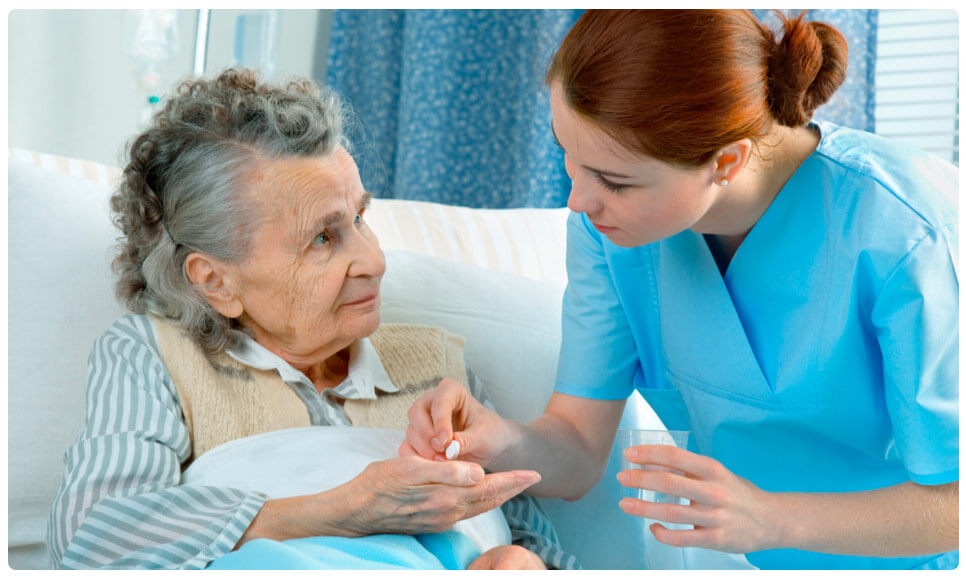
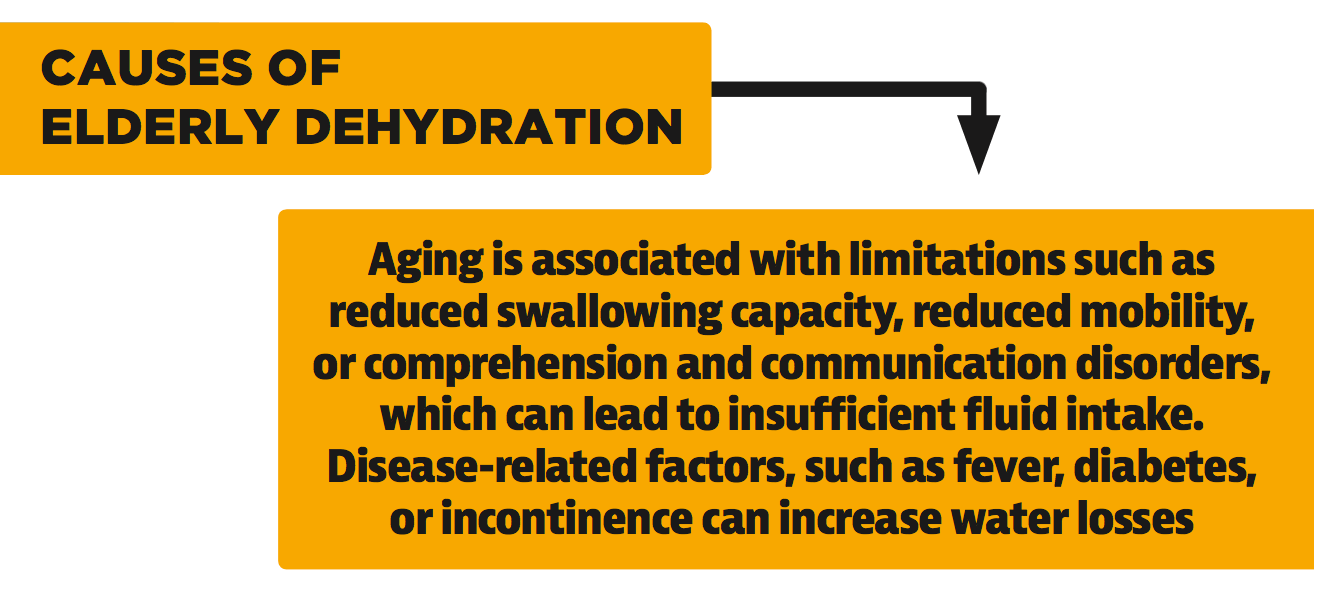
Some common contributing factors associated with elderly dehydration:
Medications:
It’s not uncommon for seniors to be on several medications at any given time. Some of these may have diuretic effects, while others may cause patients to sweat more.
Illness:
Vomiting and/or diarrhea can quickly contribute to elderly dehydration.
Decreased Thirst:
The elderly often experience a reduced thirst sensation. This impaired regulation of thirst can result in older individuals not consuming enough fluid.
Decreased Kidney Function:
As we age, our bodies lose kidney function and are less able to conserve fluid, In addition, aging kidneys have a lower ability to adequately regulate sodium excretion which results in body becoming less able to maintain water homeostasis.
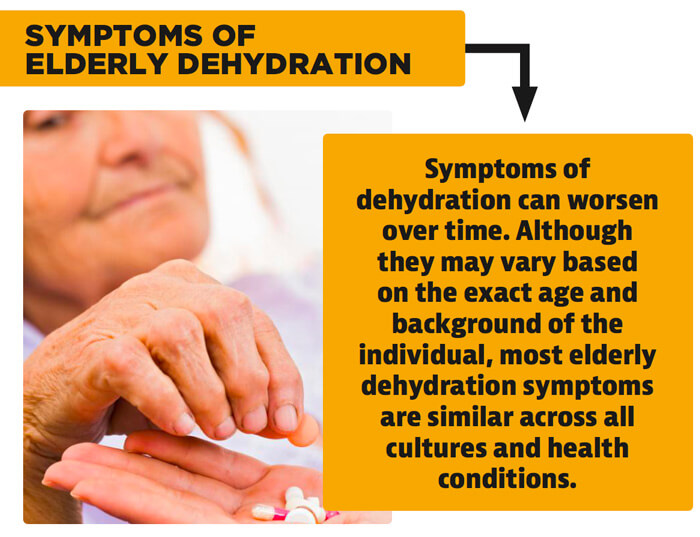
The following elderly dehydration symptoms are the most common and frequently indicate an early stage of dehydration: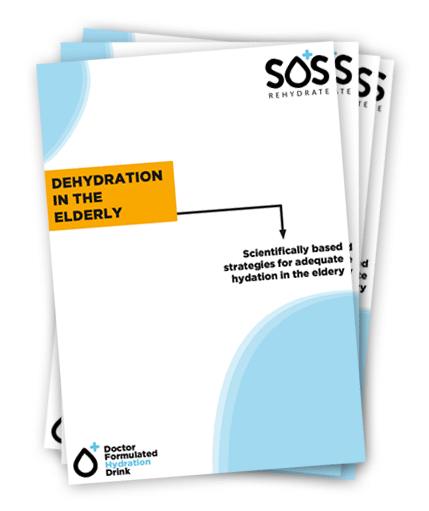
- A dry and sticky mouth
- Thirst
- Dry skin
- Decreased urination and urine output
Severe elderly dehydration symptoms can evolve into:
- Confusion and irritability
- Lack of sweating
- Low blood pressure
- Sunken eyes
- Unconsciousness or delirium
- Rapid breathing
